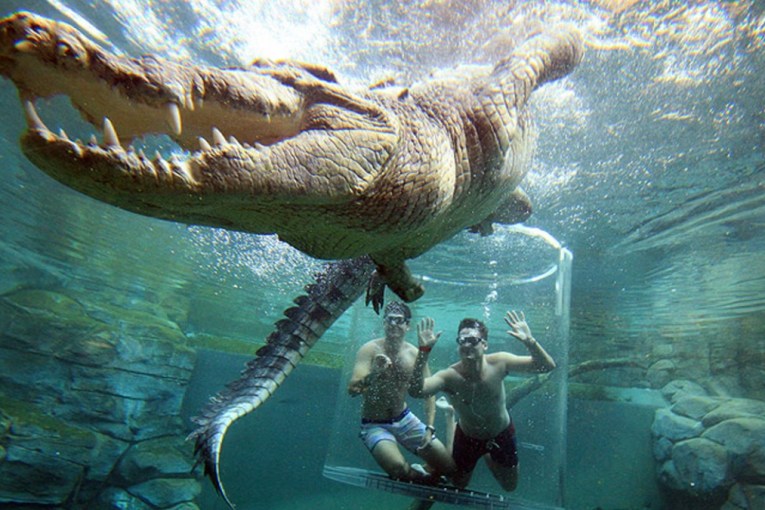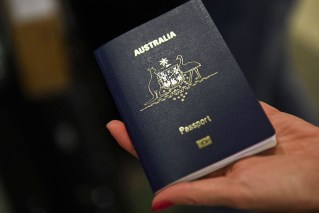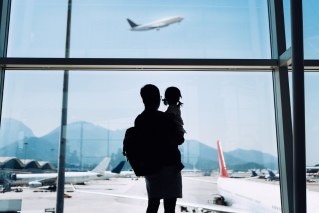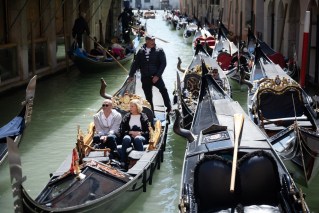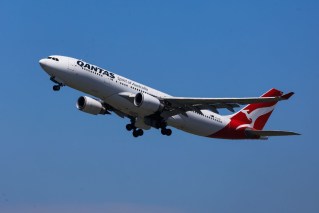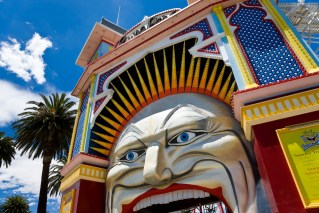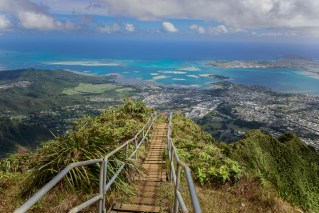Travel nightmares: don’t copy these Aussies overseas

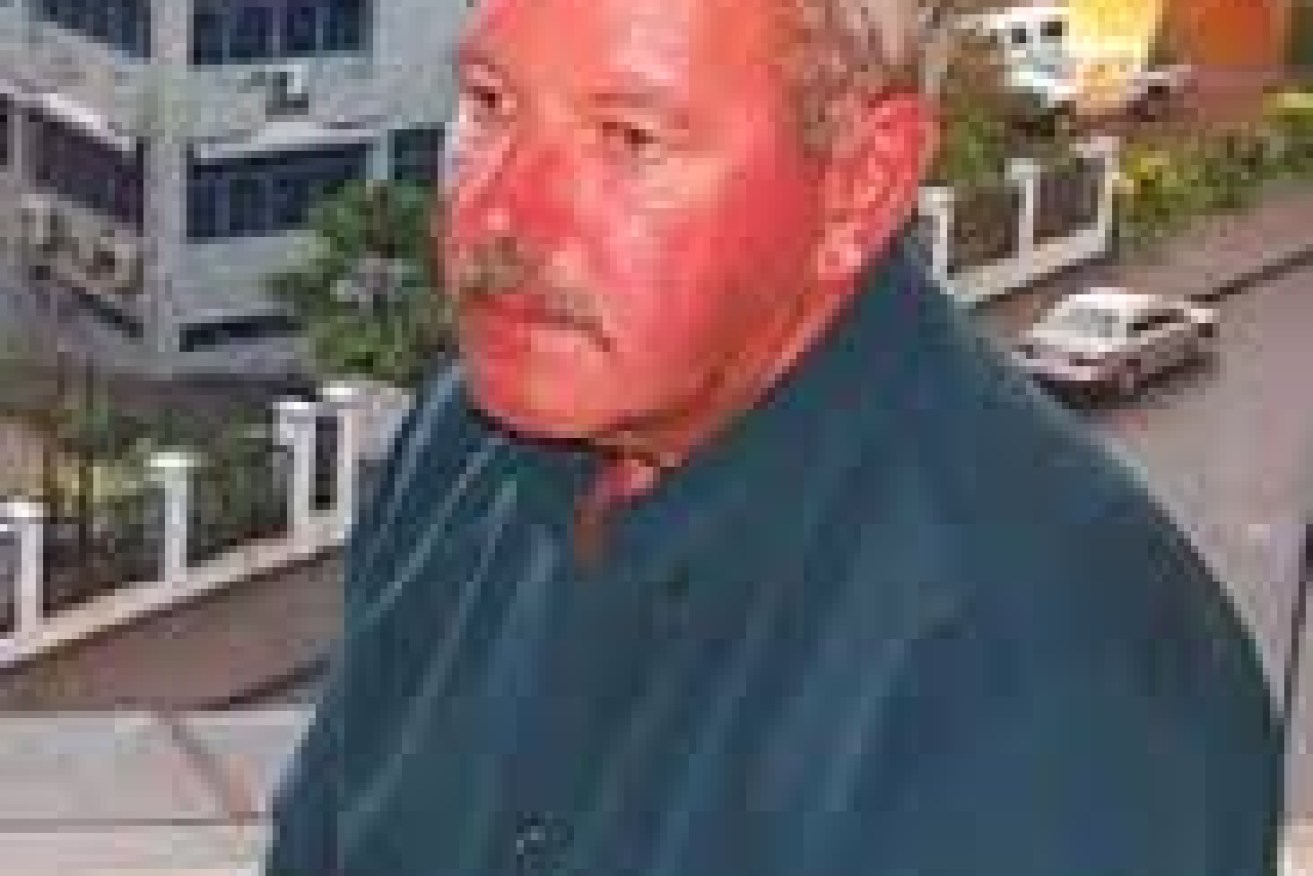
Thomas McCosker was handed a two year jail sentence in Fiji.
It was supposed to be the trip of a lifetime to celebrate her 30th birthday, but Melbourne woman Kylie Bretag is now the latest in a long list of Australians to be arrested overseas.
The chef was picked up by Mexican officials and placed in a detention centre last week after she failed to have her visa properly processed at the Mexican border.
• Simple error sees Aussie detained in Mexico
• How to travel five-star on a three-star budget
While convicted drug-smuggling Australians like the Bali Nine and Schapelle Corby are part of our national psyche, foreign laws and customs often see well-intentioned travellers accidentally end up on the wrong side of the law.
Each year, 1000 Australians are arrested overseas, while more than 250 are in prison overseas at any given time, according to the federal government.
Saying anything derogatory about the Thai royal family, running out of fuel on Germany’s autobahn and drinking under the age of 21 in the United States could see travellers wind up with a criminal record.
The New Daily looks at some of the travel nightmares Australians have faced overseas.
Offending the Thai royal family

Melbourne writer Harry Nicolaides was sentenced to three years in jail. Photo: Getty
Melbourne writer Harry Nicolaides was sentenced to three years in a Thai prison in 2009 for offending the Thai royal family.
Mr Nicolaides was living in Thailand when he wrote a novel which criticised the royal family, breaking the Thai ‘lese majeste’ law which makes it a crime to insult or offend the Thai king or queen.
Mr Nicolaides was given a six-year prison sentence, later reduced to three years, but was released when the federal government asked the Thai government to give him a royal pardon.
The Smart Traveller site says the government cannot get you out of jail if you are overseas, but a Thai official in Canberra said in the case of the ‘lese majesty’ law, 99 per cent of foreigners are pardoned.
Stealing a bar mat in Phuket

Melbourne mother Annice Smoel spent three days in a Thai jail for stealing. Photo: Getty
Thirty-six-year-old mother Annice Smoel was celebrating her mother’s 60th birthday with friends at the Aussie Bar in Phuket when a practical joke quickly turned into a possible jail term.
Ms Smoel’s friends jokingly placed a bar mat in her bag without her knowledge, but the prank was seen by bar staff who called Thai police and arrested the woman.
The mother-of-four spent 36 hours in custody before she was released with a criminal conviction and given a suspended sentence of six months.
Prime Minister Kevin Rudd petitioned for Ms Smoel’s release after intense media coverage, but Smart Traveller says the government cannot conduct investigations into your arrest or determine your innocence.
Wrong place, wrong time in Peru

The six backpackers are the prime suspects in a homicide case. Photo: Getty
Six Australian backpackers travelling together in Peru in 2012 were almost placed on Interpol’s most wanted list after they were named the prime suspects in the murder of a hotel doorman.
The mysterious death of the doorman who fell from the 15th floor of the hotel where the group was staying was originally dismissed as suicide, but a campaign by the doorman’s family alleged the travellers were responsible.
Australian embassy officials have been fighting the charges against the group dubbed the “Peru Six” for the past two years, preventing them being extradited on international arrest warrants.
The Department of Foreign Affairs and Trade say they can provide consular assistance to you overseas, but do not usually interfere with local judicial processes.
Having gay sex in Fiji

Thomas McCosker was handed a two year jail sentence in Fiji.
Retired lecturer Thomas McCosker was handed a two-year jail sentence after being charged under Fiji’s anti-homosexual laws.
The 55-year-old Victorian man was charged with sodomy, which is a crime in Fiji, after striking up a relationship with a man while on holiday.
Mr McCosker’s jail term was overturned after a four-month legal battle found the charges to be unconstitutional because they unfairly discriminated on the grounds of sexual orientation.
While the Australian government provided him with consular assistance, officials failed to condemn Mr McCosker’s sentencing.
